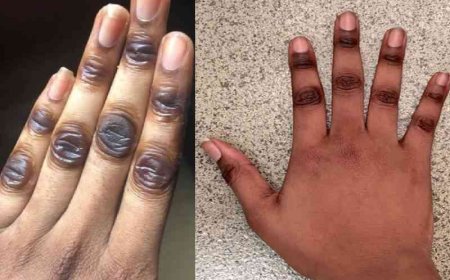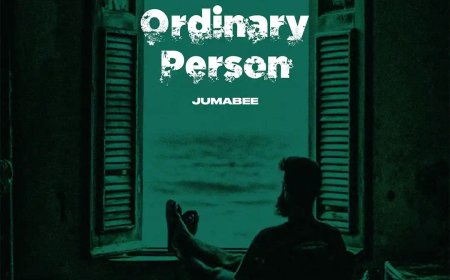Mental Health in the Black Community

Mental Health in the Black Community
*Mental health issues within the Black community are often overlooked and stigmatized, leading to significant disparities in access to care and treatment.*
Understanding the unique challenges faced by individuals in this community is essential for fostering mental well-being and promoting effective support systems.
Challenges
1. *Stigma and Cultural Barriers*
- *Perception of Weakness*: Seeking help for mental health issues may be seen as a sign of weakness, leading many to avoid professional support.
- *Cultural Misunderstanding*: Mental health issues may be viewed through a cultural lens that emphasizes resilience and self-reliance, discouraging open discussions about emotional struggles.
2. *Access to Resources*
- *Limited Availability*: Many Black communities face a shortage of mental health professionals, particularly those who are culturally competent and can relate to the specific experiences of Black individuals.
- *Economic Barriers*: Financial constraints can limit access to mental health services, including therapy and medication.
3. *Systemic Inequities*
- *Historical Trauma*: The legacy of racism and discrimination has led to collective trauma, impacting mental health across generations.
- *Discrimination in Healthcare*: Experiences of racism within healthcare systems can deter individuals from seeking help, leading to mistrust of providers.
4. *High Stressors*
- *Socioeconomic Challenges*: Economic disparities, unemployment, and housing instability can contribute to increased stress and mental health issues.
- *Community Violence*: Exposure to violence and crime can lead to trauma and chronic stress, further exacerbating mental health concerns.
Solutions
1. *Education and Awareness*
- *Community Programs*: Initiatives that educate individuals about mental health, reduce stigma, and promote open discussions can help normalize seeking help.
- *Workshops and Seminars*: Providing resources and workshops on mental health can empower individuals to recognize their needs and seek assistance.
2. *Culturally Competent Care*
- *Training for Providers*: Mental health professionals should receive training on cultural competence to better understand and address the unique experiences of Black individuals.
- *Diverse Representation*: Increasing the number of Black mental health professionals can help build trust and improve treatment outcomes.
3. *Support Systems*
- *Community Support Groups*: Establishing peer support groups can provide safe spaces for sharing experiences and coping strategies.
- *Family and Community Involvement*: Encouraging family and community involvement in mental health discussions can foster a supportive environment.
4. *Policy Advocacy*
- *Access to Care*: Advocating for policies that improve access to mental health care and address systemic inequities is crucial for promoting mental well-being in the Black community.
- *Funding for Mental Health Services*: Increased funding for mental health programs in underserved communities can enhance access and support.
What's Your Reaction?




























































